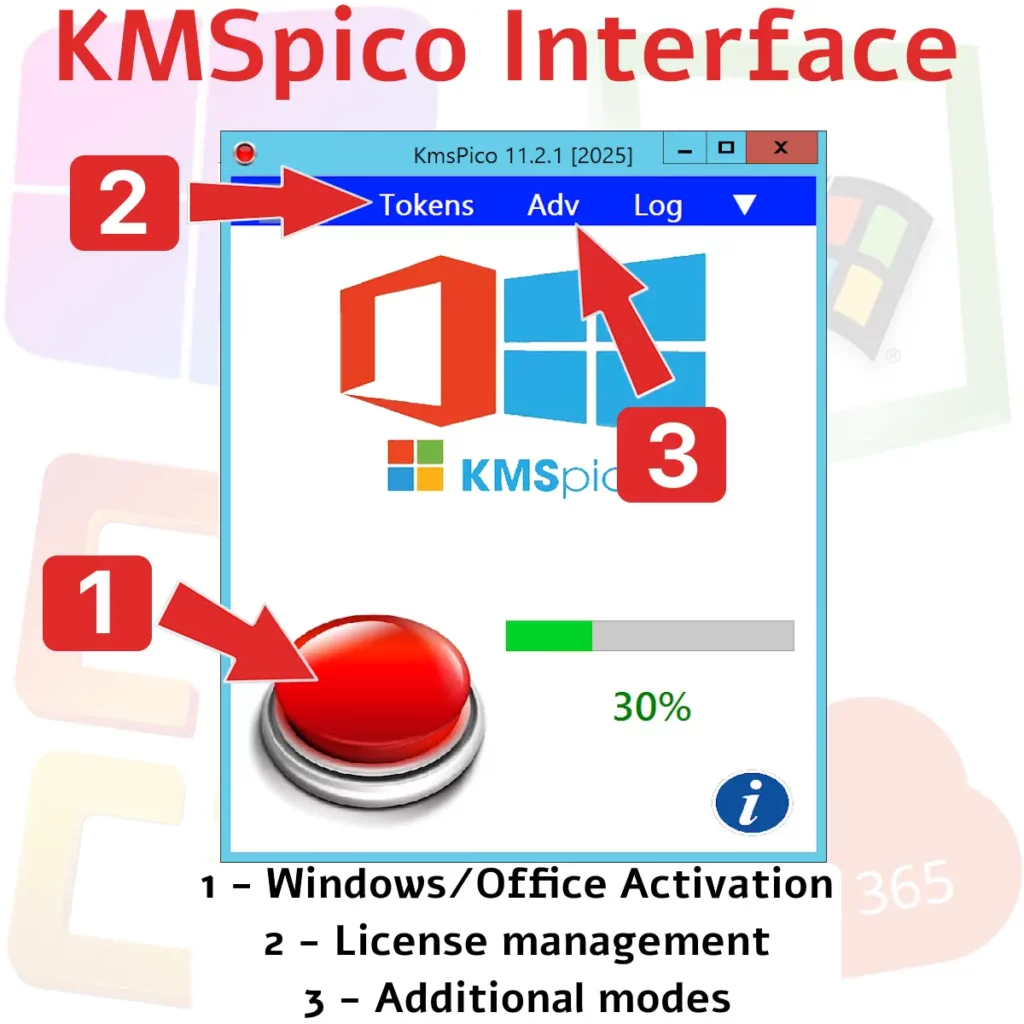As organizations and individuals upgrade to Windows 11, understanding the intricacies of software activation becomes crucial. The process involves not just financial costs but also operational considerations. In this article, we’ll delve into what using a windows 11 activator entails, exposing hidden expenses and efficiency impacts.
Understanding Windows 11 Activator
The term “windows 11 activator” often circulates among users seeking to bypass standard licensing fees. While it might appear as an efficient method to access Windows features without upfront costs, it comes with potential pitfalls. Activation tools aim to override system registration processes, offering temporary gains but risking compliance and stability.
Many users are tempted by the allure of free activation, which these tools promise. However, it’s essential to recognize that these activators don’t provide a permanent solution. They often require periodic reactivation, which can be disruptive and inconvenient for users who rely on their systems for critical tasks. Moreover, the constant need to find updated versions of these activators adds another layer of hassle.
The seemingly attractive offer of a windows 11 activator masks several hidden dangers that could lead to severe repercussions if not carefully considered. Users must understand the trade-off between short-term savings and long-term stability and security risks.
Types of Activation Tools
Various tools exist in the market for activating Windows systems. Among these, KMS-based tools like KMSpico and other similar solutions are popular. These activators interface with the operating system’s activation modules, temporarily authenticating your copy of Windows 11.
KMS tools work by emulating a Key Management Service server within the user’s network environment. This emulation tricks the operating system into thinking it is communicating with a legitimate Microsoft’s KMS server, thereby allowing activation. While this method is technically ingenious, it remains illegal and fraught with risks.
In addition to KMS-based solutions, some activators rely on manipulating product keys or exploiting loopholes within the operating system’s architecture. These methods often require advanced technical knowledge and can lead to system vulnerabilities if not executed perfectly.
Comparisons with Office Activators
Tools like the office 2016 activator work similarly. They modify system files to reflect false compliance, drawing parallels with the mechanisms of a windows 11 activator. Users must weigh these benefits against potential legal and operational risks.
Office activators often share codebases or methods with Windows activators, leading to similar vulnerabilities and issues. For instance, both may result in corrupted files or system instability if updates from Microsoft conflict with unauthorized changes made by these tools.
Furthermore, using such unauthorized methods could compromise data integrity across integrated Microsoft services like OneDrive or Office 365, potentially disrupting workflow continuity for businesses heavily reliant on seamless software interoperability.
The Financial Implications
Initially attractive due to zero immediate cost, using an unauthorized windows 11 activator can rack up unforeseen expenses. Organizations may incur substantial fines from regulatory bodies when caught using unlicensed software. Proper licensing costs can outweigh these penalties over time.
- Compliance fines can reach into thousands of dollars depending on volume and jurisdiction.
- Legal fees in defending unlicensed software use add further financial burdens.
- Potential losses from business interruptions during audits can compound financial woes.
Beyond direct financial penalties, there are indirect costs such as damage to reputation and loss of trust among clients and partners who expect adherence to legal standards. Businesses must consider whether short-term savings justify these longer-term implications.
Operational Risks with Non-Genuine Activations
Using activators such as kmspico for windows 10 or the newer windows 11 versions may lead to operational disruptions. Updates from Microsoft can detect unauthorized changes leading to deactivation or system lockouts, impeding business activities.
The need for constant vigilance against software updates can drain IT resources and distract from more strategic initiatives that could drive business value. Additionally, systems running non-genuine software may experience performance degradation or unexpected crashes.
This ongoing battle against updates not only consumes time but also places organizations at a competitive disadvantage as they lag behind in adopting new features designed to enhance productivity and security within their digital ecosystems.

Technical Challenges with Activators
Unauthorized activators pose technical risks that extend beyond simple activation concerns. Tools like KMSpico often require disabling antivirus systems to function, which exposes systems to malware threats. Additionally, reliance on non-standard activation could lead to incompatibility issues during major updates.
The threat of malware is particularly concerning; by disabling antivirus protections, users open their systems up to potential attacks that could lead to data breaches or loss of sensitive information. Moreover, compromised systems become weak links in organizational security frameworks.
This vulnerability extends beyond individual devices; networks relying on compromised machines face elevated risks of widespread infections that could cripple entire infrastructures if left unaddressed.
The DISM Command: A Legitimate Alternative
The Deployment Imaging Service and Management Tool (DISM) offers a legitimate way to manage licenses more transparently. Although not directly a windows 11 activator, it supports license management by providing genuine installation assessments and repair functions.
Unlike unauthorized tools, DISM is part of the Windows ecosystem designed for maintaining the health of Windows installations through integrity checks and repairs without compromising security standards or violating terms of service agreements.
This tool serves as a cornerstone for IT professionals seeking reliable ways to ensure compliance while maintaining robust operational capabilities across enterprise environments without resorting to questionable shortcuts offered by third-party activators.
Snapshot Timing in Virtual Environments
For lab settings such as VM environments with constraints like 2 vCPU / 4 GB RAM, maintaining snapshots becomes vital when experimenting with various activators. This practice ensures a rollback option if an activation tool negatively impacts system integrity or performance.
This approach allows IT administrators to test software configurations in a controlled manner while preserving the ability to restore functionality swiftly should any issues arise from experimentation with non-standard activation methods.
The ability to revert environments quickly minimizes downtime and helps maintain productivity levels even amid testing phases involving potentially disruptive software interventions like those employed by unauthorized activation tools.
The Way Forward: Legitimate Licensing Options
Pursuing Authentic Licensing Solutions
Pursuing valid licensing arrangements avoids the complications associated with activators. Using recognized methods for acquiring product keys and embracing tools that ensure compliance provide long-term peace of mind and operational continuity.
Authentic licensing not only supports compliance but also provides access to customer support services from Microsoft—an invaluable resource when dealing with complex technical challenges or seeking advice on optimal configuration strategies for deployment environments.
Exploring Volume Licensing Plans
Organizations should consider volume licensing as a flexible alternative tailored for large-scale deployments. It accommodates varying organizational needs while maintaining compliance across numerous devices without resorting to unauthorized windows 11 activator tools.
- Volume licenses offer centralized management for multi-device environments.
- The flexibility in scaling aligns well with dynamic organizational changes.
- A streamlined process simplifies administrative tasks associated with license tracking and renewals.
In conclusion, while windows 11 activator tools might present short-term benefits by circumventing official licensing costs, their hidden consequences often outweigh perceived savings. Embracing authentic software unlock methods ensures sustainability and legality in today’s tech-driven landscape. Legitimate pathways not only foster trust but also protect investments by aligning technology use with best practices endorsed by industry leaders like Microsoft. By investing in genuine solutions from the outset, organizations position themselves for long-term success built upon sound technological foundations supported by robust legal frameworks that safeguard both assets and reputational standing within competitive markets worldwide.
